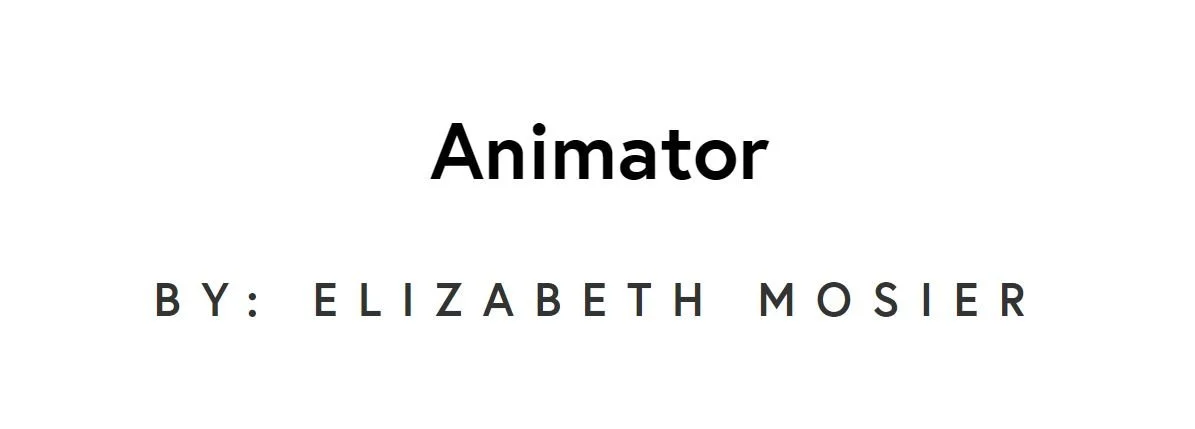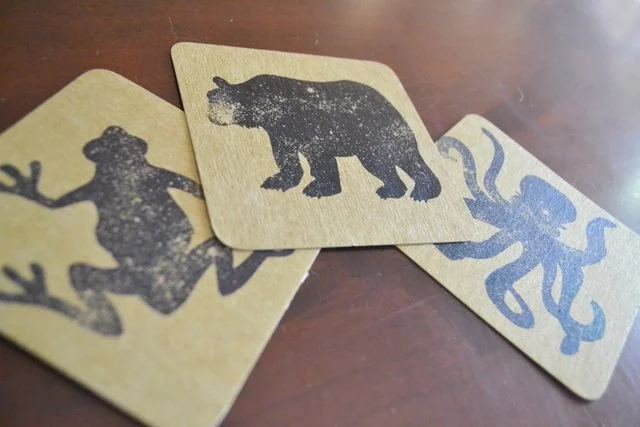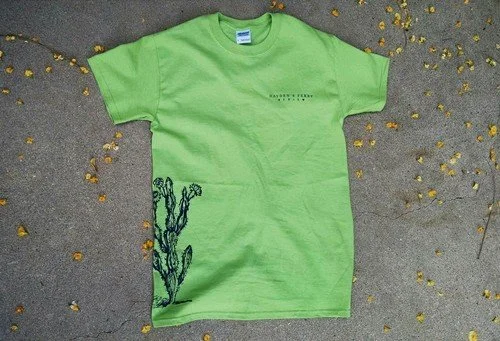Dear wonderful readers, past contributors, up-and-coming authors, and old souls,
We are officially open for submissions.
Love,
Hayden's Ferry Review
SUBMIT NOW
Read MoreELKE “a little journal” was founded in 2015 and their first issue released in November of that year by former Hayden’s Ferry Review intern Elijah Tubbs and Kennedy Dawn Stearns. The magazine consists of poetry, fiction, nonfiction, interviews and an occasional art piece now and then. ELKE prints their magazine whenever they feel they have received a good amount of work they find worthy of putting on a physical page, but will try to keep to printing at least three times a year. The print copies of their magazine are small and cute, measuring up at six by four inches, just big enough to fit in a jacket pocket or comfortably in a bag. Along with the physical copies, ELKE runs a website where work is published often.
Read MoreWe'll be opening submissions again on September 15th for our Spring Issue (58). The issue will not be themed so give us everything and anything with draw, kick, and quality. As always, we'll be accepting prose, poetry, translations, and visual art. The only way to submit to HFR is through Submittable (just follow the link on our "Submit" page). The staff can't wait to dig in!
Read MoreHappy news! We are extending our subscription drive sales to May 23rd. Subscribe or resubscribe between now and Saturday to receive a free set of letterpress coasters or a free HFR T-shirt. Your choice!
In your order, please leave a comment requesting either coasters or a T-shirt. If you'd like a T-shirt, let us know what size you'd prefer (S/M/L/XL). T-shirts are unisex Gildan: Ultra Cotton.
Read MoreDon’t forget to subscribe or resubscribe today through Wednesday for a chance to win a free Hayden’s Ferry Review T-shirt with your new Issue 56!
Add a note to your order detailing your preferred shirt size (S/M/L/XL). T-shirts are green, unisex, and feature the HFR logo and a prickly pear cactus.
Read MoreThe ancient Greeks saw Chaos as the dark abyss from which life sprang.
Mathematicians use Chaos theory to explain how small decisions can give rise to unexpectedly grave consequences.
Chaos is a cluttered bedroom, a busy street corner, a blinding snowstorm.
In Paradise Lost, John Milton described Chaos as “the vast immeasurable abyss, / Outrageous as a sea, dark, wasteful, wild.”







